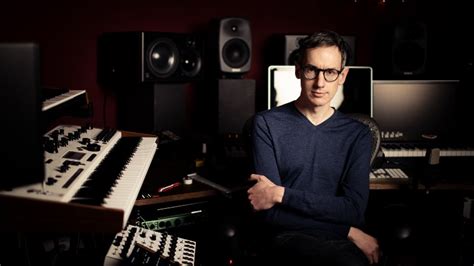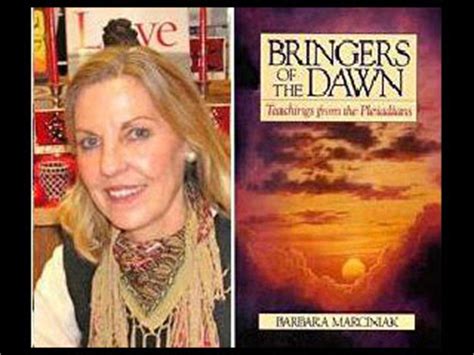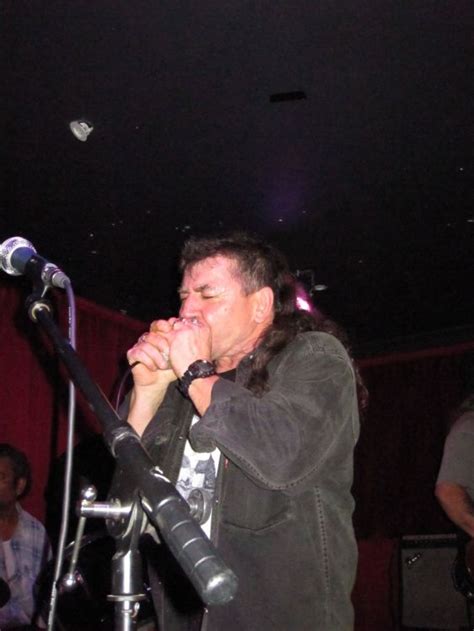A Quote by Hasan Minhaj
I've learned to start from a really sound argument, boil down the essence of what you're trying to say, then build your humor around that, rather than starting with, 'This sounds funny,' and going from there.
Related Quotes
Try to find someone with a sense of humor. That's an important thing to have because when you get into an argument, one of the best ways to diffuse it is to be funny. You don't want to hide away from a point, because some points are serious, but you'd rather have a discussion that was a discussion, rather than an argument.
I'm not very good at sounding like other people. When you're going through your 20's and trying to get a break and that kind of thing, and you're trying to do something that sounds like film music, your idea of what it would be, it never really worked out for me and it's only really when I learned to trust the fact that I could only really sound like me.
Start dating someone who is funny, someone who has what in high school you called a "really great sense of humor" and what now your creative writing class calls "self-contempt giving rise to comic form." Write down all of his jokes, but don't tell him you are doing this. Make up anagrams of his old girlfriend's name and name all of your socially handicapped characters with them. Tell him his old girlfriend is in all of your stories and then watch how funny he can be, see what a really great sense of humor he can have.
Well, things hold up even if they sound dated. It can be very difficult to listen to 80s pop songs with really, really gigantic smashed drum sounds. You just want to turn that gated reverb down on the snare. It sounds wrong now. It sounds amateurish. And ugly. But at the time it sounded state-of-the-art. So yeah, I think it's important not to sound state-of-the-art in a way that anybody else is going to sound. Or you'll quickly sound like yesterday's state-of-the-art.
The thing I have learned, especially in the Internet age, probably the easiest thing in the world is to declare that something is not funny. I mean it's not actually humor to say something is not funny, but it is viewed by a lot of people - and by that I mean mainly snarky young Internet men - as a kind of humor in and of itself is putting down other people's efforts at humor. And I don't care that much anymore about that because I know how easy that is to do.
When you build a building, you finish a building. You don't finish a garden; you start it, and then it carries on with its life. So my analogy was really to say that we composers or some of us should think of ourselves as people who start processes rather than finish them. And there might be surprises.
I am much more likely to care about someone trying to be funny and give them some credit for whatever he or she did that was remotely funny than I am to be mused by somebody declaring this isn't funny, that isn't funny, this sucks. If you want to write humor, you're going to have to get used to that.
I would say just start writing. You've got to write every day. Copy someone that you like if you think that perhaps could become your sound, too. I did that with Hemingway, and I thought I was writing just like Hemingway. Then all of a sudden it occurred to me - he didn't have a sense of humor. I don't know anything he's written that's funny.
I think if you asked people "what's the biggest problem in your life?" They'd say, "I just don't have time for anything!" And at our fingertips, if it isn't e-mail, it's our Blackberry, and it's our iPods and telephones - we never stop. We never take those moments to stop the stimulus to find out "what's going on in there? What's really happening?" And then things start to build up. And then we are almost afraid to slow down.
I turn on the machines and start to think about ideas and take it from there, it usually begins if it's a beat, a track creating a beat/beats and then the bass-line/lines, then comes the sounds--drones, atmospherics etc, then the edits of various sounds I created and keep going till I feel I have enough sounds ideas to start working and building a track. I have many banks of sounds that we hear that can be manipulated in the machines.


































